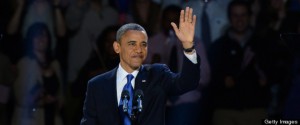A study reported in Time) states that online sales are more likely to result from search engine results than from links in social media postings eg Facebook, which get credit for only about 1% of the sales made. However, 48% of respondents in the survey viewed social media as “a great way” to get product information, but that raises the question of whether such information availability, actual increase brand preference or sales.
I personally think that the effect of social media on inducing sales of specific items may be somewhat overestimated by both consumers and some marketers. Although it is true that brand preference, share or sales are related to each other, but it doesn’t mean one of them causes the other. For example, it is true that some of the most popular brands such as Apple, Samsung, Nike, to name only a few, have the highest number of Facebook fans or “likes” but that is because they already have a high number of users and advocates. These likes are an expression of pre-existing brand preference and not a cause of it. Some studies state that Facebook fans spend more on a product than Facebook users who are not fans. For example, Facebook likers of Starbucks coffee spent more in store than non-likers. This behaviour by consumers is predictable because if they prefer certain brands, they are likely to spend more money on those brands – which is the whole purpose of consumer marketing and the process of building brands. So yes, there is a relationship between Facebook likes and brand performance but the relationship is caused by the strengths of the brand that almost certainly existed before the impact of Facebook. The Facebook like is not the cause of brand preference but simply a reflection of it.
Sources:
http://thesocialskinny.com/what-is-the-value-of-a-facebook-fan/
http://www.forrester.com/Less+Than+1+Of+Online+Purchases+Come+From+Social+Channels/-/E-PRE4104


